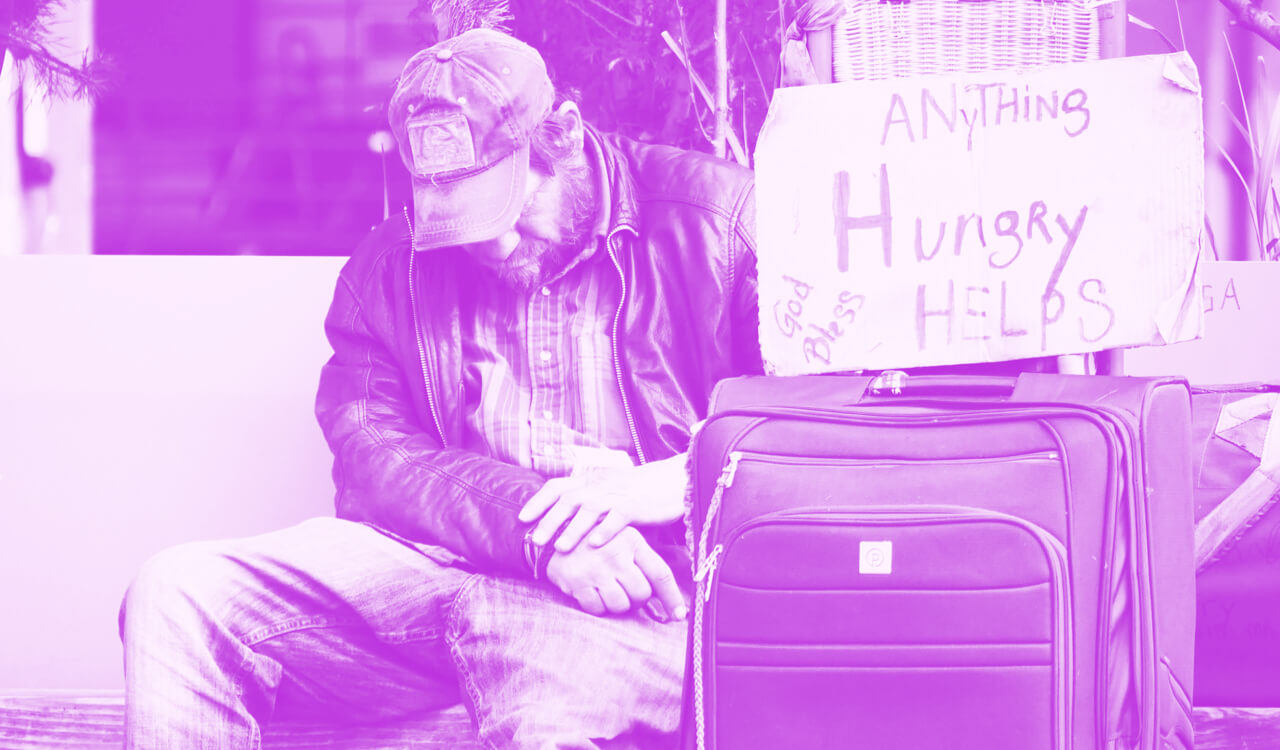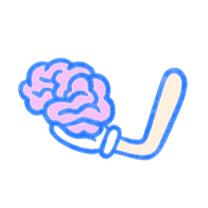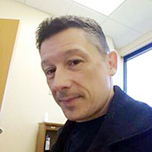The best thing about a typical day in social work is that there is no typical day in social work. We help people in many ways, from restoring broken families to securing needed resources to treating people with every kind of mental illness. My current line of work happens to be in acute mental health, and it is my passion. I’d like to share with you a part of my journey, and also that of a person who I will refer to as Mark.
Specifically, I hold an LSCSW, which means I have a Specialist’s license in my jurisdiction. Different states have different qualifications, but this essentially means that I operate under my own clinical authority subject to the supervision of my state’s Behavioral Sciences Regulatory Board. This represents the end of a long process of testing, certification, supervision, and learning; you may be contemplating the same kind of adventure.
Stepping into the field of social work
I began with a Masters’s degree in Social Work (MSW). The degree in Social Work is unlike any other; though curriculums do vary, it should pair a strong grounding in policy and ethics with a practical focus on psychopathology and systemic issues. A graduate of a good Social Work program has access to a wide variety of occupations; public administration, school counseling, substance abuse treatment, helping veterans, and more. It’s not unusual for a social worker to change roles many times in their careers.
Shortly after my degree, I got my basic license (LMSW), which allowed me to take on many responsibilities. This level of licensure is enough for most jobs in social work, and it can lead to opportunities working with very different kinds of clients. My first job in the field was administering benefits for people who had been evaluated as being unable to take care of these matters themselves. In this capacity, I first met Mark.
Getting to know Mark
Every community has a few people like Mark. They are called ‘bridge-burners’, ‘frequent fliers’, and other things that illustrate the chaos of their lives and the difficulty of helping them. Among Mark’s difficulties were a severe and persistent mental illness, an assortment of crippling substance abuse issues, and a distinct lack of interpersonal skills. He was, and is, notorious for his violence and his lengthy criminal record. Yet someone had to help him that day, and that person was me.
From behind the glass of the service window, he seemed like many of the homeless people you see every day in any major city. That day Mark was disheveled, intoxicated, and suffering from a recent stab wound in his arm. The kind of life he leads is incomprehensible to most.
From behind the glass of their car windows, everyday people on their way pass by and studiously ignore people like Mark. But in social work, we get out from behind the glass.

I can’t say that at that time Mark appreciated the help I had to offer. But he got help that day that he might not otherwise have gotten. Social work can be extremely challenging in much the same way that nursing or medicine can be challenging; burnout and compassion fatigue are real, and self-care is the key to survival and success.
But we live in a world where nearly everyone talks about helping and making a difference; social workers mean it and do it every day.
Being grateful in thanklessness
I later became a mental health liaison, responsible for easing the transition from acute mental health back into the community. Since I was working in the same area, I met Mark again on one of his many trips out of the hospital.
This time my job was to help him understand what was expected of him when he got back into his home community. Again, I was in a position to help someone who might not otherwise have gotten it. Mark did not say thanks, and I did not expect it.
It’s several years later now, and since I have gotten my Specialist’s (in some states, Clinical) license, my duties are very different. I am now qualified to diagnose and treat mental illness under my own authority as I described above. Currently, I teach psychopathology and design the clinical program of our unit at the state mental hospital.
Not long ago I met Mark a third time; he had come back to the hospital once again to get the help he needed. To my surprise, before his departure, he shook my hand and thanked me for the very first time I helped him all those years ago.
I once heard a very good substance abuse counselor say, “I can’t promise you it will be easy. I can promise it will be worth it.”
That’s what coming out from behind the glass is like.
That’s what social work is like.


